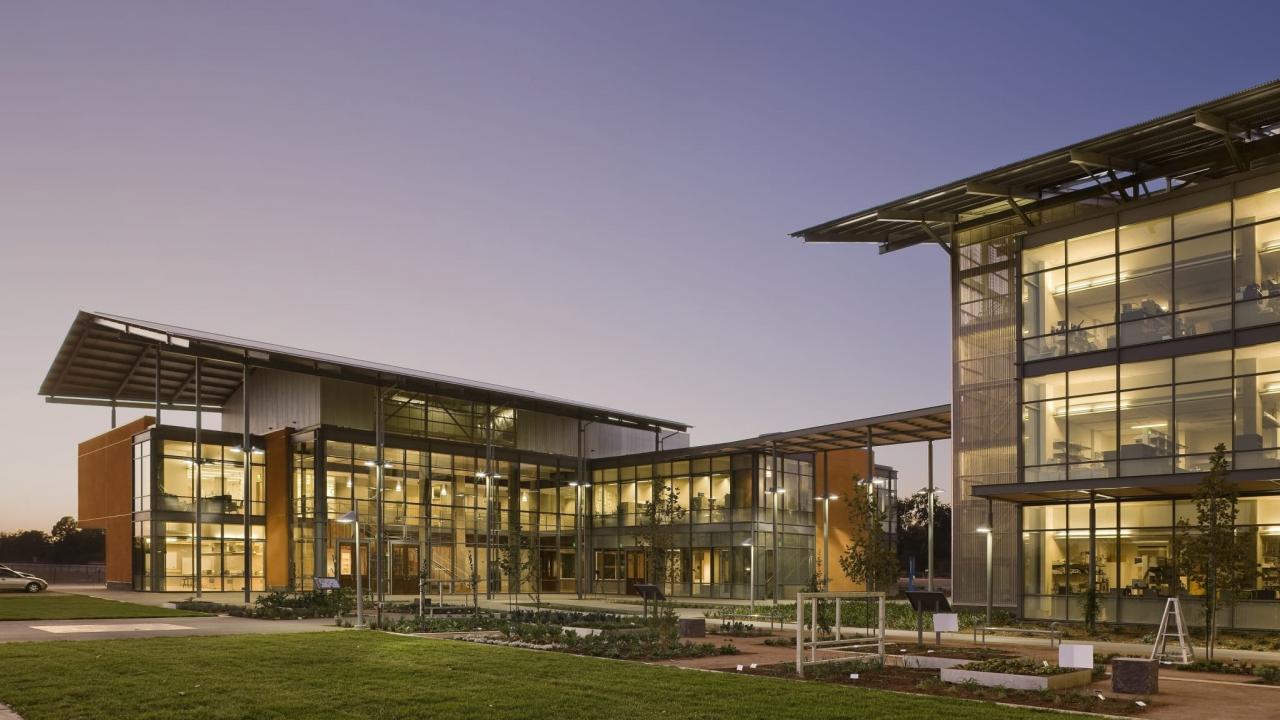
Keeping You in the Loop
With the onslaught of the pandemic and with it the closing of traditional forms of education, the Honey and Pollination Center found itself trying to understand how best to move forward. Over the course of the year, we have run 3 on-line programs. Each one quite different from the one before. A mead sensory course, a honey sensory training and a program on honey adulteration. With each program we learned more and more about the issues of working online. With our new mead course, Getting Creative, we are putting together some creative concepts that we developed over the past 14 months. The success of this program will rely on you!
What is different and what we learned:
- Saving time and money: No one can come to the University yet. As with so many zoom meetings, we will be hanging out in a virtual world that allows people who might not be able to fly, eat, rent a car, get a hotel, etc. to take part in the course. The Center staff can take the time we used to spend on the details of food, housing and transportation of presenters, etc. and focus our attention to the detail of creating a more cogent program. That said, everyone has the opportunity to learn more from each other in a communal space.
- We learned that full day programs are way too exhausting on zoom. 3-3.5 hour segments (at the most!) prove to be much more effective allowing people to ‘refuel’.
- Presenters and attendees don’t need to leave their places of work and can plan accordingly. The flaw here is that if something comes up, it can be taken care of. So what’s the problem? You just missed an important point in a lecture or discussion.
- The participant is now the provider.
- It is up to each participant to ensure they arrive on time. Are well rested, fed and prepared.
- For this mead course, it means ordering all your supplies – and paying for them – well in advance.
- For some of our courses, the Center will be sending out sample sets, books etc. And when possible all materials are made available through Canvas, a university classroom sight.
- What we can’t do: At this point, we are unable to run our Beginner’s Mead Making Boot Camp. We can’t gather in the winery and go through the educational procedures required.
- What we can do: In the future we will be looking at a combo of online and in person programming so that we can allow the student to make their choices concerning their own education.
Honey Adulteration Symposium
The 2.5 hour program covered a wide range of topics from setting the stage, how retailers select products, to various testing models, to beekeepers reviewing the multi-generational aspect of beekeeping. The program culminated with a discussion about what we can do t ensure the purity and safety of the honey supply. Small groups spoke mostly about various testing methods. An overriding concern is to ensure US beekeepers can make a living and continue to help our nation’s farmers produce a healthy food supply through both honey sales and pollination services.
Over 100 people attended the Center’s first Honey Adulteration Symposium to learn first hand from those who are working in the area or are directly affected by situation. Attendees came from a very diverse cross section of the country, from beekeepers to lawyers and honey packers.
You can purchase access to the recording: HERE
